Media narratives and policy visions of aging point to independence and good health as indicators of success. Comparatively, decline, dependence and especially disability are framed as failures of aging. Yet, aging and disability are two often connected intersections of identity. How do narratives positioning dependence as undesirable affect disabled older adults — and how can we flip the script? That’s what Stephen Katz wants to know.
Alongside grad students Megan Hill and Luka Stojanovic, Dr. Katz plans to organize a one-day workshop based at ArtsSpace in Peterborough, Ontario. This workshop will bring together 6 to 12 older adults for a collaborative art-creation session. During the event, participants will explore themes of body-mind shifts with age and experiencing care in the face of dominant discourses of successful aging. Ideas of expanding our understanding of assistive devices and more-than-human relationships with said devices will also be discussed.
During the workshop, each participant will produce at least one work of art (e.g., painting, sketch, poem, screen print, textile, song, dance). These works will then be used as the data Dr. Katz and his team will analyze to answer and explore their research questions. Following the creative workshop, the participants will discuss issues of aging and disability as a group. These conversations will also become sources of data. Finally, the researchers will each independently write a reflection on the workshop process, including observations about the un-recorded interactions between participants within the physical space.
In line with Aging in Data’s mandate, this project aims to challenge dominant approaches to data, especially when it comes to older or disabled adults. Moving away from the quantitative data prioritized in gerontology and aging studies, this project hopes to develop a capsule of qualitative, affective, and expressive data that foreground lived experiences at the intersection of disability and old(er) age.




